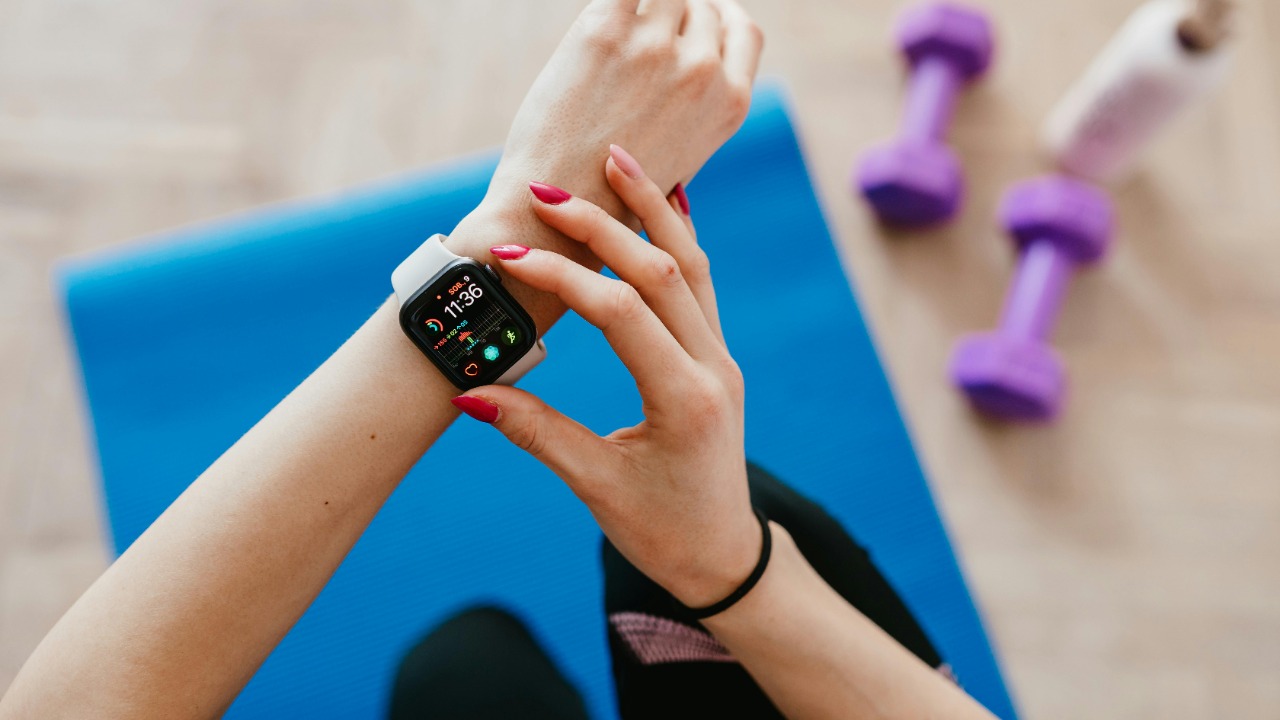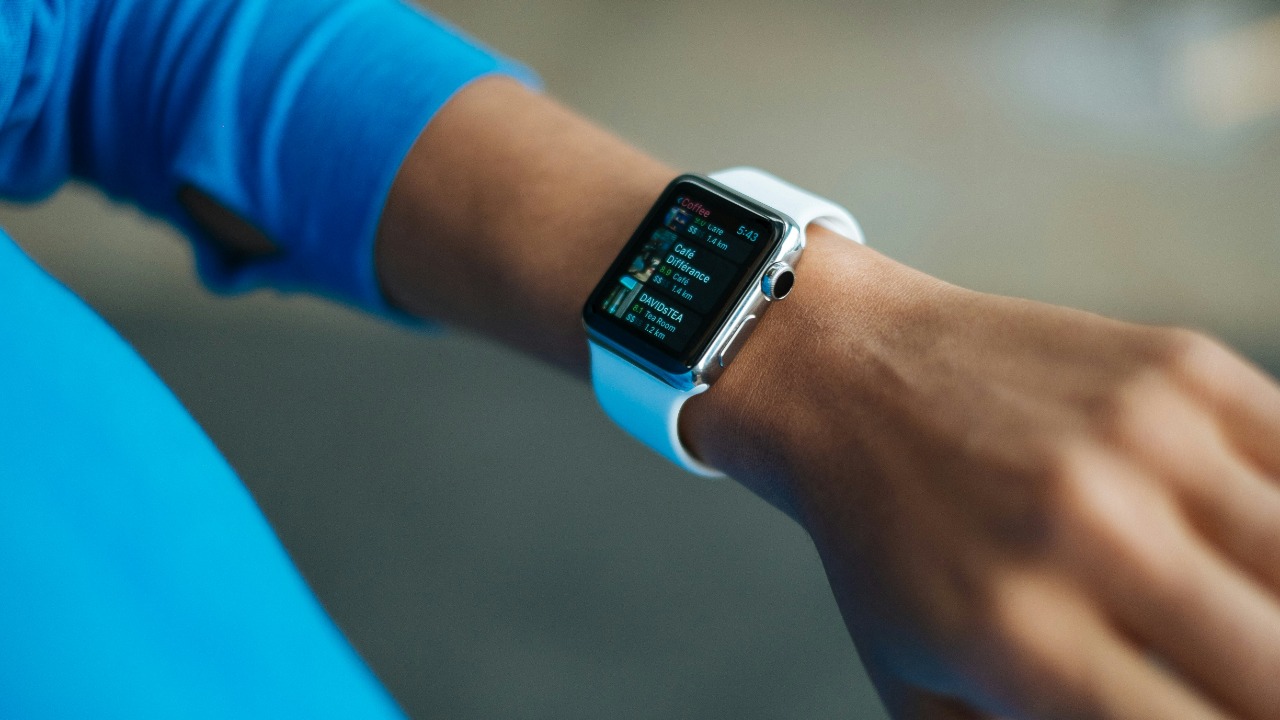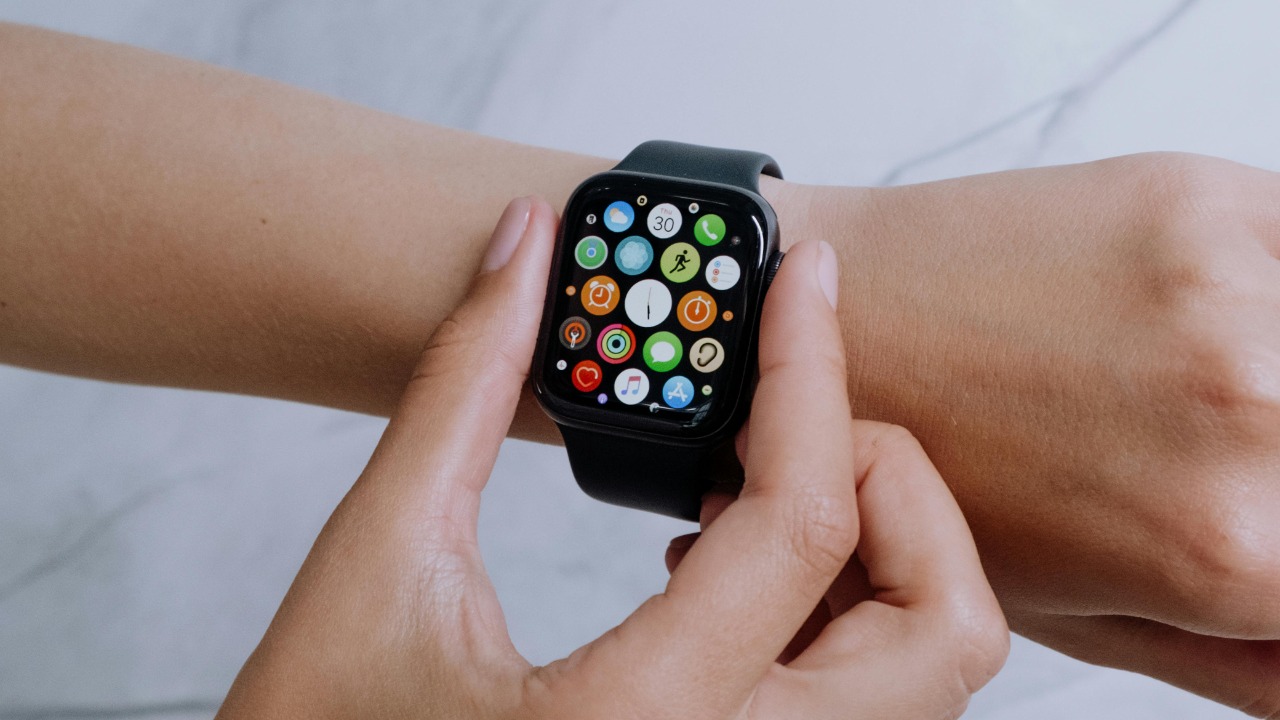
With the growing popularity of smartwatches come the increased concerns over user health data safety and security. Governments worldwide have begun voicing warnings about potential risks associated with health data leakage through these devices.
The Rising Use of Smartwatches and Data Collection

Smartwatches have seen a surge in popularity in recent years, partly due to their potential health benefits. Devices from companies such as Apple and Fitbit now offer features that go beyond basic fitness tracking. These include heart rate monitoring, sleep tracking, oxygen saturation measurement, and even electrocardiogram (ECG) functionality. While these features can provide potentially life-saving insights, they also raise significant privacy concerns due to the sensitive nature of the collected data.
The collection of health data by smartwatches can offer numerous benefits, such as helping users maintain a healthier lifestyle or alerting them to potential health problems. However, these benefits come with inherent risks. In the wrong hands, this information could be used to discriminate against individuals based on their health status or even used for targeted advertising. The need for secure data handling and privacy safeguards has never been more important.
Government Warnings and Legislation

Various governments have issued warnings about the potential leakage of health data from smartwatches. In the U.S., Congress has introduced the Smartwatch Data Act, which aims to ensure that health data collected by smartwatches is protected under the Health Insurance Portability and Accountability Act (HIPAA). This would mean that smartwatch manufacturers and app developers would be legally required to protect user health data and could face penalties for data breaches.
The Smartwatch Data Act recognizes that health data collected by smartwatches is as sensitive as medical records held by healthcare providers. The act seeks to close a regulatory loophole that has allowed smartwatch manufacturers and app developers to escape the stringent data protection requirements that apply to traditional healthcare providers.
Health Breach Notification Rule

The Federal Trade Commission’s (FTC) Health Breach Notification Rule is another essential piece of legislation relevant to smartwatches and other connected health devices. This rule requires companies to notify users and the FTC in the event of a data breach. Failure to comply with this rule can result in significant fines and damage to a company’s reputation.
While the Health Breach Notification Rule is a step in the right direction, it is not a foolproof solution. It does not prevent data breaches from occurring in the first place. It is crucial for companies to prioritize data security in their product design and development processes to minimize the risk of data breaches.
International Concerns and Actions

International response to the potential risks of smartwatches and other electronic devices has varied. Canada, for example, has expressed concerns over U.S. border searches of electronic devices, as outlined in this Travel and Tour World article. This has implications for the travel industry and raises questions about what travelers need to be aware of when crossing international borders with electronic devices that contain sensitive health data.
While each country has its unique data privacy laws and regulations, there is a growing international consensus about the need for better health data protection. International cooperation and harmonization of data protection laws could play a crucial role in addressing these concerns.
The Future of Health Data Privacy

The U.S. government’s plan for health trackers, as outlined in this ZDNet article, indicates a future where these devices become even more integrated into our daily lives. While this could bring about significant health benefits, it also raises serious questions about health data privacy.
Enhancing health data security in smartwatches and other connected health devices is a complex challenge that will require the combined efforts of governments, industry, and consumers. Possible solutions could include stronger data encryption, more transparent data handling practices, and tougher regulations. The way forward will likely involve a combination of these and other measures, all aimed at ensuring that the health data collected by our devices remains secure and private.